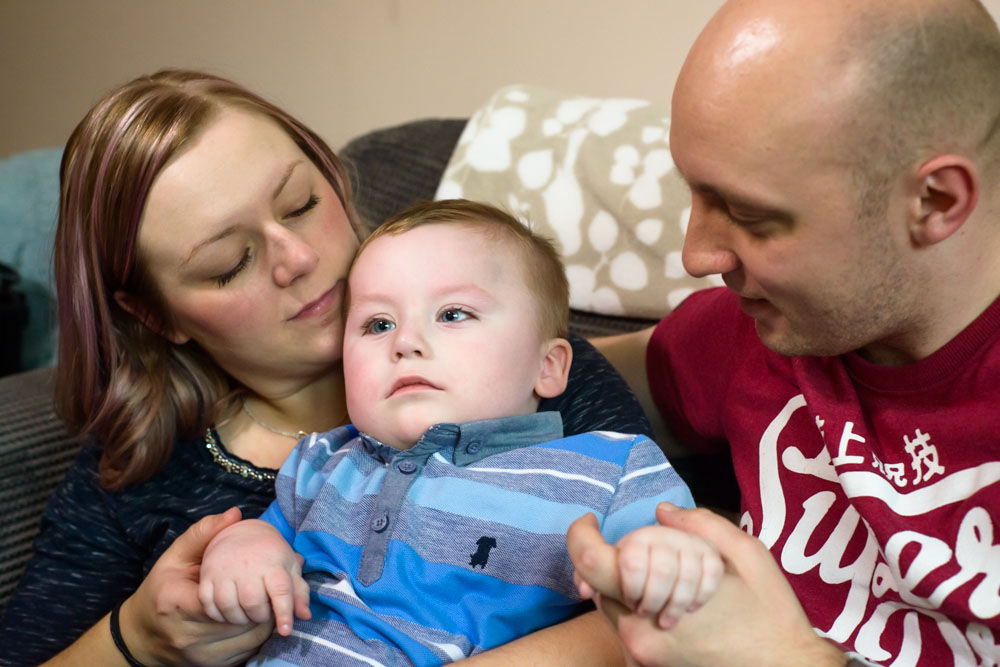Awareness of this treatment is growing as families have started to seek treatments for refractory epilepsy that improves seizure control, and has fewer adverse effects than medications. As a result Neurologists have also begun to gradually recognize the ketogenic diet as a valid treatment option to managing epilepsy9.
The ketogenic diet is a high fat, low-carbohydrate diet, which ensures adequate protein for growth. By simulating the metabolism of fasting, a patient on the ketogenic diet will start to derive their energy by burning the fat in the diet, rather than the more common energy source, glucose10. There are several types of ketogenic diet, for example the frequently prescribed Classical Ketogenic Diet and the Medium-Chain-Triglyceride Diet; the efficacy in seizure reduction of both has been proven in clinical trials11-13.



